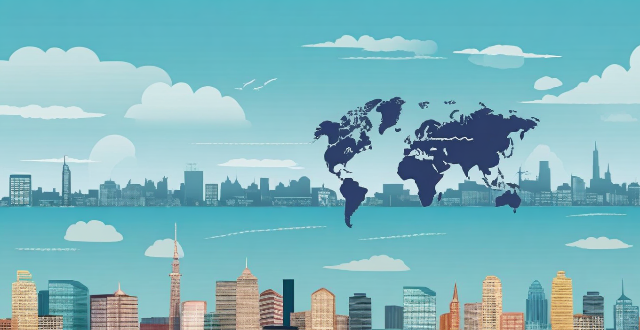Living in a world affected by global warming can have significant psychological and social impacts on individuals and communities, including increased stress and anxiety, changes in mood and emotional well-being, cognitive effects, changes in social dynamics, impacts on mental health services, and societal responses such as adaptation and collective action. These impacts highlight the urgent need for action to address climate change and support the well-being of those affected by its consequences.

Psychological and Social Impacts of Living in a World Affected by Global Warming
Living in a world affected by global warming can have significant psychological and social impacts on individuals and communities. These impacts can range from increased stress and anxiety to changes in social dynamics and cultural practices. Here are some of the key psychological and social impacts of living in a world affected by global warming:
Psychological Impacts
Increased Stress and Anxiety
- Fear of the Unknown: The uncertainty surrounding the future effects of global warming can lead to fear and anxiety.
- Loss of Control: Feeling powerless to stop or mitigate the effects of global warming can contribute to stress and anxiety.
- Trauma: Experiencing extreme weather events, such as hurricanes or wildfires, can cause traumatic stress reactions.
Changes in Mood and Emotional Well-being
- Depression: Witnessing the negative effects of global warming on the environment and society can lead to feelings of sadness and hopelessness.
- Grief: Losing loved ones, homes, or natural environments due to climate change can cause grief and mourning.
Cognitive Effects
- Diminished Cognitive Function: Chronic stress related to global warming can impair cognitive functions such as memory, attention, and decision-making.
- Disrupted Sleep Patterns: Worry about the future can lead to sleep disturbances, which can further impact mental health and cognitive function.
Social Impacts
Changes in Social Dynamics
- Migration and Displacement: Rising sea levels and extreme weather events can force people to migrate or become displaced, leading to changes in social structures and relationships.
- Resource Scarcity: Competition for limited resources, such as water or arable land, can create social tensions and conflicts.
- Loss of Cultural Heritage: As natural environments change, cultural practices and traditions that depend on those environments may be lost.
Impacts on Mental Health Services
- Increased Demand for Mental Health Services: The psychological impacts of global warming will likely lead to an increased demand for mental health services.
- Limited Access to Care: In areas affected by climate change, access to mental health care may be limited due to resource scarcity or displacement.
Societal Responses
- Adaptation and Resilience: Communities may develop strategies to adapt to changing conditions and build resilience against future challenges.
- Collective Action: Concern about global warming can inspire collective action aimed at mitigating its effects or advocating for policy changes.
In conclusion, living in a world affected by global warming can have profound psychological and social impacts. These impacts highlight the urgent need for action to address climate change and support the well-being of individuals and communities affected by its consequences.